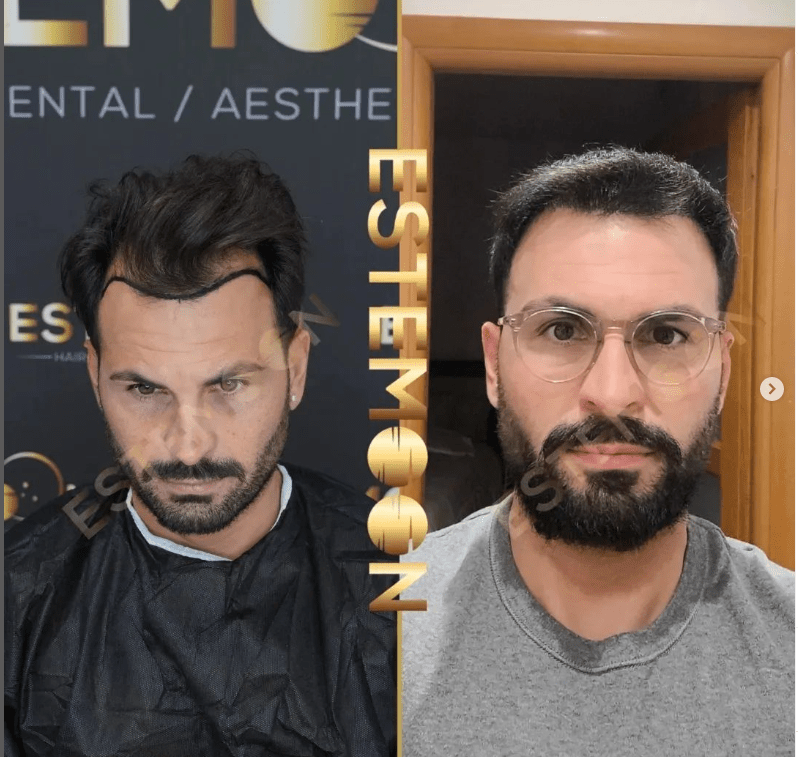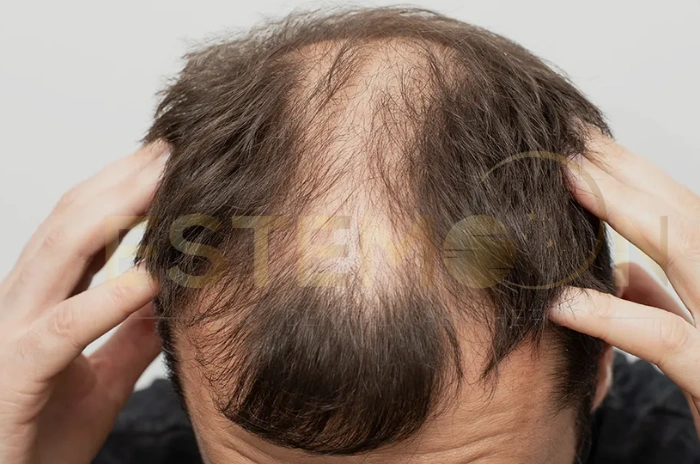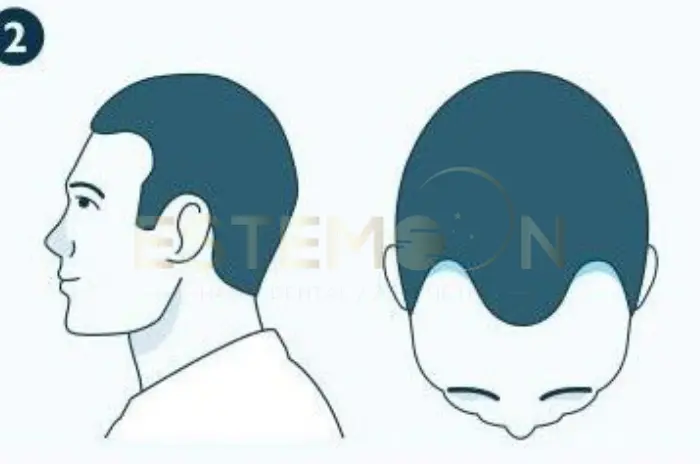A hair transplant can be a transformative procedure, restoring not just hair but also confidence. However, the journey to full recovery and optimal results doesn’t end with the surgery itself. Long-term care after hair transplant is crucial to ensure that the transplanted hair looks natural, healthy, and continues to thrive for years to come.
Hair Transplant Recovery Process
After a hair transplant, it’s essential to follow the post-operative care instructions provided by your surgeon. The initial recovery period typically involves:
- Gentle Care: Treat your scalp delicately in the days following surgery. Avoid touching or scratching the transplanted area.
- Medication: Your doctor may prescribe medications to prevent infection and promote healing.
- Rest: Give your body adequate time to recover. Avoid strenuous activities that could strain your scalp.
Long-Term Care Tips
Beyond the immediate recovery phase, here are key strategies for long-term care:
- Follow-Up Visits: Attend all follow-up appointments with your surgeon. They will monitor your progress and address any concerns.
- Healthy Lifestyle: A balanced diet and regular exercise contribute to overall health, which can indirectly support hair growth.
- Avoiding Damage: Treat your hair gently to avoid damage. Use wide-toothed combs and avoid harsh chemical treatments.
- Hair Products: Use hair products recommended by your surgeon or dermatologist. Avoid those containing harsh chemicals or excessive alcohol.
- Protect from the Sun: Shield your scalp from prolonged sun exposure. Use hats or sunscreen to prevent sunburn.
- Stress Management: High stress levels can affect hair health. Practice stress-reducing techniques like meditation or yoga.
- Patience: Hair growth after a transplant takes time. Be patient and consistent with your care routine.
Longevity of Results
With proper care, the results of a hair transplant can be long-lasting. Transplanted hair is typically permanent, although other areas of natural hair loss may continue to thin over time. Your surgeon can offer guidance on maintaining the appearance of your transplanted hair as you age.
Conclusion
Long-term care after a hair transplant is essential for preserving and maximizing results. By following a comprehensive care plan, you can enjoy the benefits of a fuller head of hair for many years. Consult with your surgeon for personalized recommendations and guidance on maintaining your hair health post-transplant. With dedication and proper care, your hair transplant can provide lasting satisfaction and confidence.




